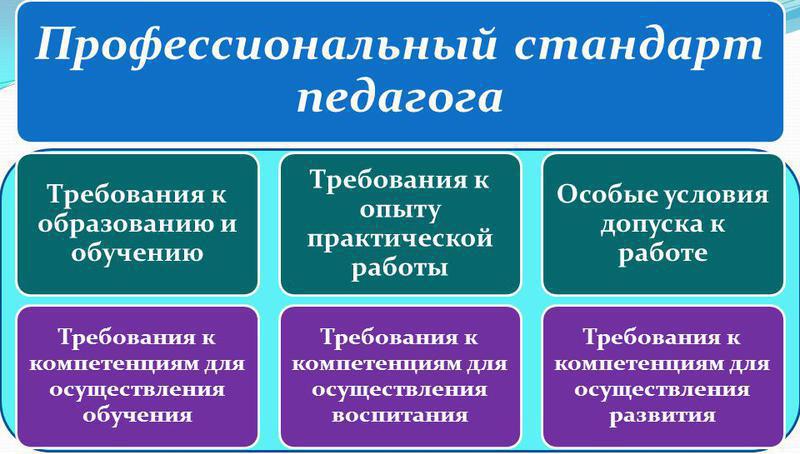The professional standard of the educator is currently the main document in the country. It is designed to facilitate qualification requirements.
The professional standard of the teacher-educator of preschool education contributes to the formation of job descriptions for this category of employees.

Important aspects
It allows you to cut off additional responsibilities that distract the teacher from direct work with children. For example, the compilation of educational programs is not included in the professional standard of a teacher’s pedagogical activity.

The significance of the standard
The document under consideration says that it is an alternative to outdated moral standards for assessing professional activities.
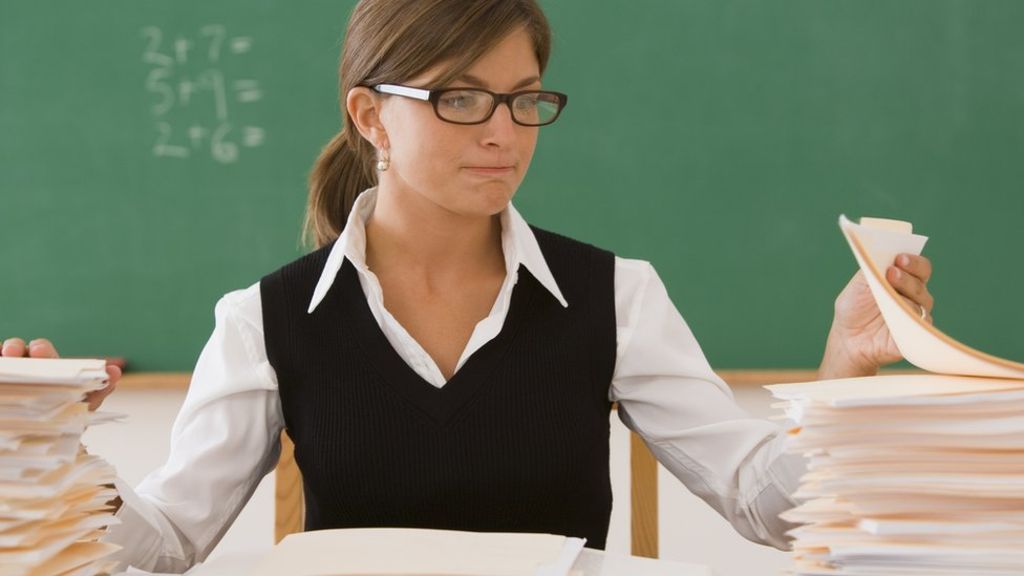
The professional standard of the teacher-educator of preschool education should liberate the modern teacher, give him strength and opportunity for self-development.
The idea of improving teaching staff
The authors of the document believe that the standard is obliged to encourage the teacher to find non-standard solutions. Such a quality involves expanding the space of pedagogical creativity, combining several specialists in one mentor at once: tutor, defectologist, social worker, psychologist.
The professional standard of the teacher is the tool for implementing a new educational strategy in modern conditions, a way to improve the quality of education. It contributes to the release of domestic preschool education at the international level.
The professional standard of the teacher has become the basis for the formation of an employment contract containing the relationship between the employer and the employee.
Document Feature
It is a document that defines the boundaries of the qualification requirements of a teacher. The professional standard of the educator involves dividing into levels, taking into account the specifics of the teacher's work in preschool educational institutions. It structures the development and upbringing of the child, is filled with psychological and pedagogical competencies.
Standard Features
We single out the main purposes of the analyzed document. The professional standard of the teacher performs the following functions:
- contributes to overcoming the technocratic approach in assessing teacher work;
- ensures the growth of responsibility of the teacher for their professional results;
- motivates teachers to systematically improve their qualifications.
Scope of application
Professional standards of teachers and educators are used in the selection of potential candidates for a vacant position in the certification process. This document allows you to identify the level of the teacher, to help improve your work experience.
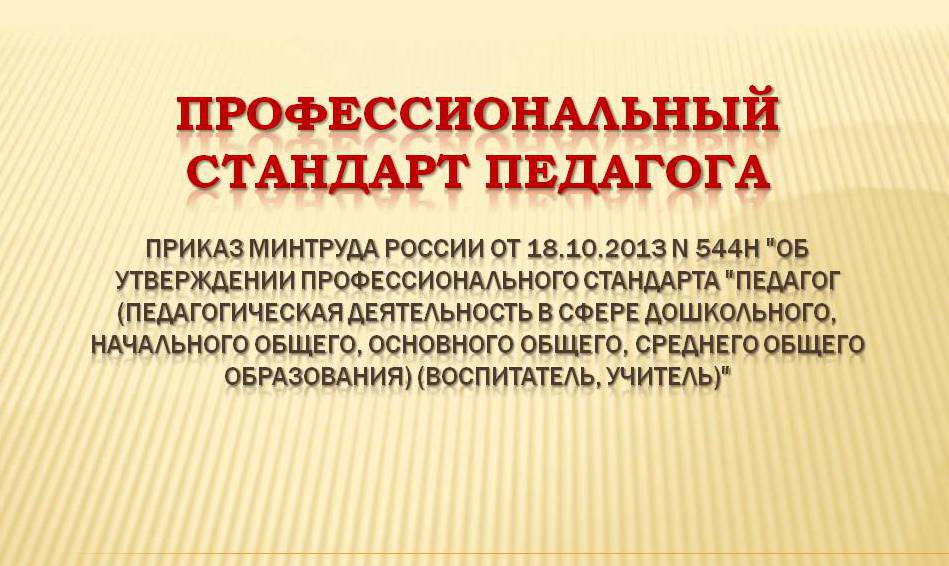
Definitions and Terms
Professional standard - requirements for the teacher, his readiness for activities in the field of education. Employee qualifications are summarized from a variety of professional competencies. This concept means the ability to use skills, knowledge, act on the basis of practical experience in the process of solving common pedagogical problems.
The general professional standard of a preschool teacher requires additions at the regional level.It means a document that includes additional requirements for the qualifications of teachers, giving them the opportunity to efficiently perform functional duties in a particular territory.
The professional standard of a social educator is compiled taking into account key requirements: upbringing, education, and child development.
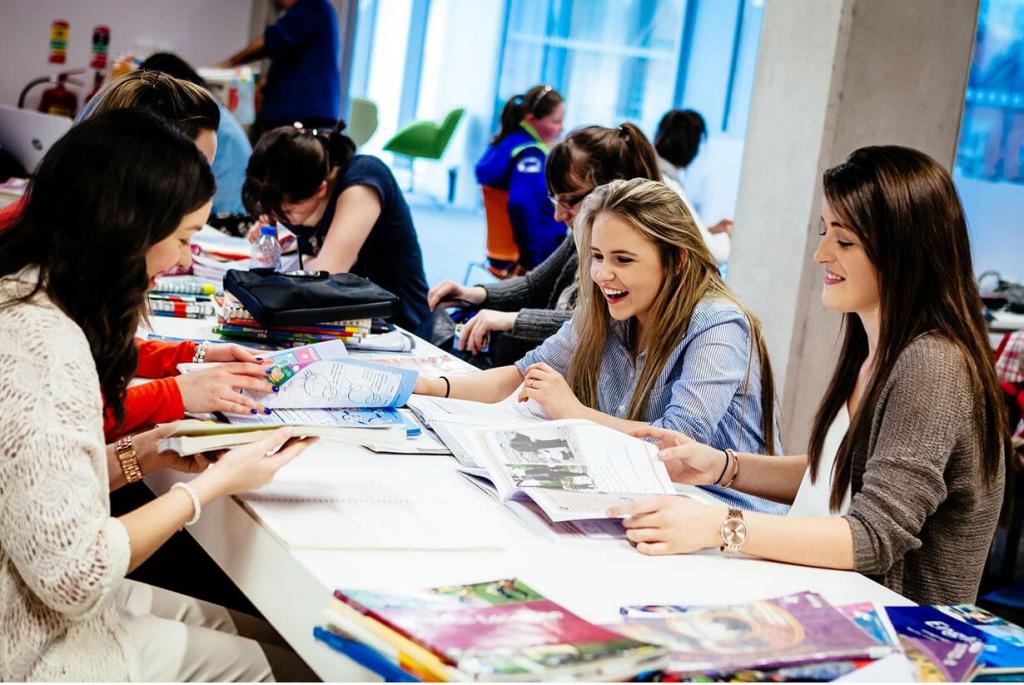
Types of Competencies
In the analyzed document, the term is used - professional ICT competencies. They suggest the use of information and communication technologies as part of the solution of professional tasks.
Audit is an independent, systematic, documented process of objective assessment to establish the level of fulfillment of the requirements put forward.
Internal audit is carried out within the organization, and external examination involves certification of pedagogical staff by the regional authorities, whose functions include education.
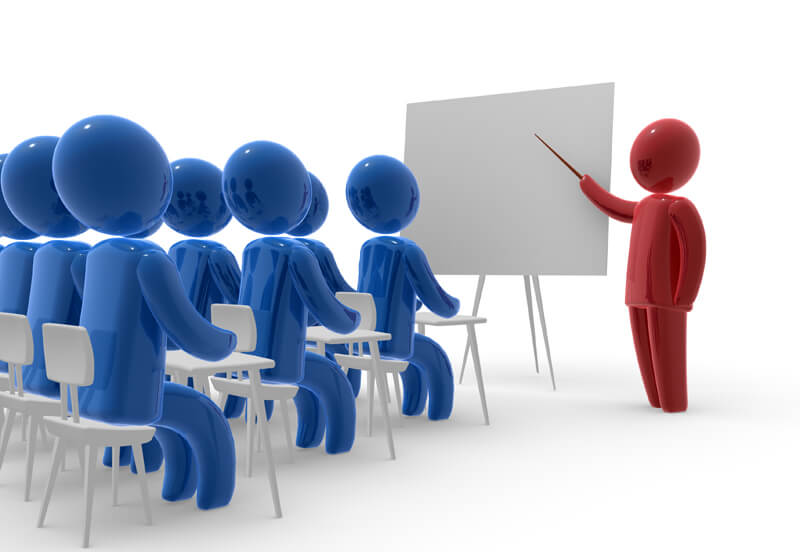
Document Content
The professional standard of the educator, teacher contains the requirements for this category of workers. The teacher must:
- own the program and subject;
- have a higher pedagogical education;
- be able to compile, conduct, analyze classes and lessons;
- own basic methods, techniques, forms of extracurricular activities;
- find an individual approach to each child;
- use assessment criteria in professional activities;
- apply ICT.
The professional standard of the teacher from 18. 10. 2013 No. 544n contains requirements for education. The teacher must:
- know and apply the methods and forms of educational activities, organization of trips, excursions, expeditions, museum pedagogy;
- to involve children in the process of education and training, to motivate their educational and cognitive activities;
- set educational goals aimed at the development of children;
- establish rules of conduct in the children's team;
- provide assistance and support to student bodies of self-government;
- respect children;
- conduct educational activities taking into account the age, individual characteristics of students;
- work with parents, involve them in parenting issues;
- help children resolve conflict situations;
- maintain a positive attitude and traditions in a preschool (school) educational institution.
What other functions should the educator perform in the social sphere? A professional standard implies a willingness to provide targeted assistance and support to children along with other specialists: psychologists, doctors, speech therapists, and defectologists. A modern teacher is required to possess techniques that allow him to carry out corrective and developmental work, analyze the changes that occur with the child. The document “Professional standard: teacher (pedagogical activity), educator, teacher” assumes:
- application of psychological approaches by this category of workers: cultural-historical, developmental, activity-oriented;
- development and implementation of measures that contribute to the prevention of various forms of violence in an educational organization;
- carry out work on educational programs, a program of additional, general secondary education;
- together with a psychologist, conduct periodic monitoring of the individual capabilities of children, draw up their psychological and pedagogical characteristics.
According to the adopted document, teachers are required to develop the behaviors of the younger generation on the World Wide Web, improve multicultural communication skills, and build tolerance towards representatives of other nationalities.
A teacher is considered a professional who owns psychological and pedagogical technologies aimed at the development and education of the following categories:
- gifted children;
- socially vulnerable schoolchildren who find themselves in difficult life situations;
- orphans;
- migrants;
- children with disabilities;
- students with deviant behavior.
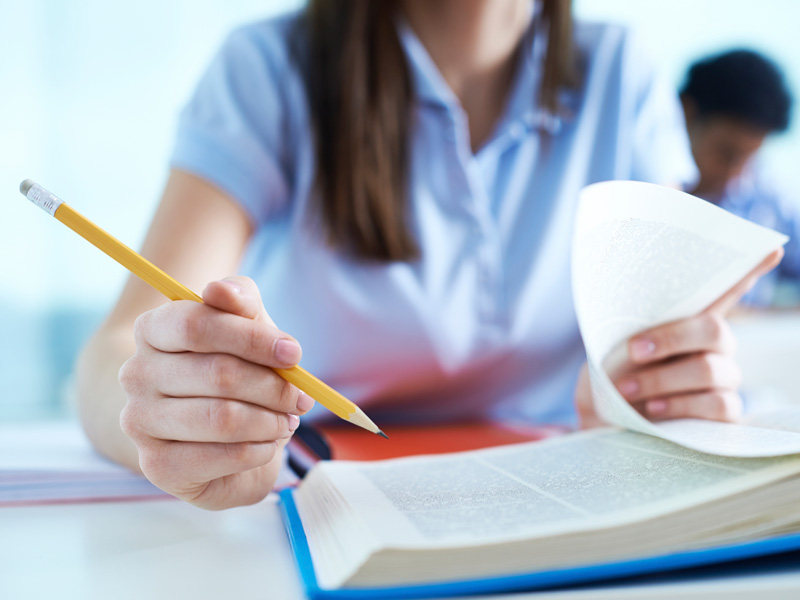
Methods for assessing the work of a teacher
A final assessment of the teacher’s professional activity is carried out according to the results demonstrated by his students as part of the verification work, the final certification. To assess compliance with the requirements that are put forward within the framework of a professional standard for teachers, it is permissible to conduct an internal audit with analysis of reports and work plans, attendance at training sessions and extracurricular activities.
Data can be obtained through interviews, questionnaires, observations, and records.
ICT teacher competencies
They suggest that the teacher uses techniques, rules for applying ICTs, and troubleshooting skills. Particular attention in this competence is given in the safety standards. A modern professional working in a pre-school institution (school) is required to master the methods of keyboard typing, the skills of organizing and conducting conferences, seminars.
Psychological requirements for a modern teacher (educator)
A modern teacher must be a true citizen of his country, understand his belonging to society, respect the freedoms and rights of the individual. In his work, the educator (teacher) is guided by the totality of social norms adopted in a particular society. He is obliged to know and use in his professional activities the personality and age characteristics of children, to create conditions for the development of communicative competence of preschool children (students).
In the process of implementing direct functional duties, the teacher takes into account the age characteristics of children, applying various types of activities as part of the training session (extracurricular activities), contributes to the formation of a holistic picture of the world.
Professional Standard Teacher of Mathematics and Computer Science
The teacher is obliged to fully comply with all the requirements for the professional standard of the teacher, to form:
- ability to form and improve logic;
- know the basics of mathematical models of existing processes and objects, the skills of modeling objects to analyze their properties.
The following skills are formed in mathematical and informational activity:
- abilities in the field of computer science and mathematics;
- opportunities to overcome intellectual difficulties, respect for intellectual activity and its results.
The work of the teacher must fully comply with all the requirements of the federal educational standards of the new generation of all levels of education. Among the requirements that are indicated in the document in question, it can be noted:
- skills to solve elementary mathematical problems, including new ones that arise as part of working with a classroom team;
- analysis of tasks of the olympiad character.
The teacher of mathematics and computer science must complete the tasks of existing open banks at a level that is established taking into account his qualifications. According to the professional standard approved for the Russian teacher of mathematics, such a specialist should apply modern information sources in his work, follow the updates in the mathematical field, introduce his pupils to them. Also, his responsibilities include conducting consultations on complex methodological and mathematical issues to young colleagues. A true professional builds logical chains, seeks to understand and analyze the reasonings of his students. The teacher encourages the children to choose non-standard ways of solving tasks of an increased level of complexity, and stimulates the self-development of their students.He is in close contact and liaison with fellow subject students, performs tasks from related scientific fields: physics, chemistry, biology, involving mathematical operations and calculations.
Together with schoolchildren, a teacher of mathematics (computer science) analyzes life and learning situations where the use of basic mathematical tools is acceptable. He encourages the initiative of the guys in the acquisition of additional mathematical knowledge and skills.
According to a professional standard, a teacher of mathematics and computer science skillfully uses the techniques and methods of comprehension of a mathematical text, analyzes the data obtained as part of experimental activities in biology and chemistry classes, as well as in the framework of public educational disciplines.
What other requirements for a teacher of this orientation does the new professional standard make? Among the skills that a teacher of mathematics and computer science is required to master, note:
- freehand drawing on the blackboard and on paper sketches;
- use of multimedia equipment;
- building on a computer and manually volumetric geometric shapes and images of objects;
- conduct an individual and collective dialogue with students in the process of considering a mathematical problem.
Conclusion
After the collapse of the Soviet Union, chaos and confusion functioned in domestic education for a long time. Those educational programs that teachers used in their professional activities. Outdated in their meaningful component, they were not able to meet the requirements of society for graduates of kindergartens and educational institutions of the middle level.
Certain difficulties arose for members of certification commissions (expert groups) in assessing the results of professional activities of teachers and educators, which is a prerequisite for establishing this category of employees wages.
The development and implementation of the professional standard of a teacher (teacher) in the systems of preschool and school education made it possible to effectively resolve such issues and adequately evaluate the performance of talented educators and teachers.
